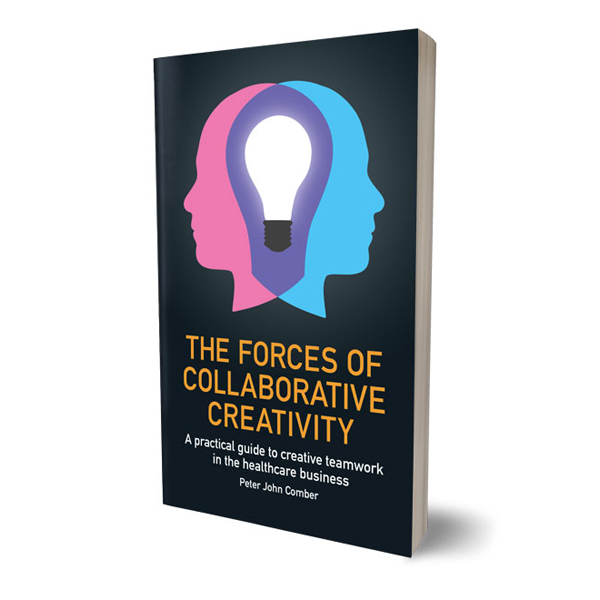Confessions of an admirer.
The embarrassing truth about why I want a Bentley.
I am a conflicted petrol head. I like cars. To be more accurate I really like some cars, not the majority of cars. I feel guilty because I like cars. I live in a heavily polluted city and I am aware of the role cars play in causing that pollution. The evidence that particulates and oxides of nitrogen (spewed out by the internal combustion engine) cause fatal illnesses is overwhelming. I believe cars contribute to climate change, I just wish they didn’t. Rationally, I know we should all ride public transport or bicycles and everyone over forty ought to personally say sorry to Greta Thunberg and everyone else under the age of eighteen. Irrationally, I really would like to drive a 2019 Bentley Continental GT “Centenary” in Cumbrian Green with Mulliner Driving and Blackline Specifications. Why?
I believe that you have to study brands to learn how to build brands. It isn’t easy, there are some aspects of brands that are objective, but the place where brands come alive is in the mind of the consumer and consequently a study of brands is also the study of subjectivity. Embracing my own subjectivity, I regularly think about my reactions to brands in a sort of ongoing observational research. I know my brand relationship self-analysis is hopelessly biased by having only one subject and possibly also influenced by observation - nevertheless I find it revealing. I notice patterns, things that repeat over time and across different brands and categories. I surprise myself when I realise an obscure motivation behind a reaction to a brand. All potentially useful when I try to decipher how others behave and react to brands.
Recently I was thinking about the Bentley brand and the following is a semi-serious self-analysis of my attraction to it (feel free to skip the next paragraph if, understandably, you aren’t interested in my feelings towards a specific luxury car brand).
The 10th of July this year will be the centenary of the Bentley brand.
“I am attracted to longevity, I instinctively respect brands with a long and healthy heritage.”
Walter Owen Bentley began his business with a clear goal, “Build a fast car, a good car, the best in its class.” It’s an accurate description of what Bentley still do today.
“I like brands with good founder stories and I love brands that are focused and coherent.”
The Bentley 4.5 litre won the 24 Hours Le Mans in 1928 and 1929.
“I have always been a motorsports fan and the first decades have been handed down as particularly glamorous and heroic.”
The Bentley ‘Blower’ was the original Bond car.
“I read the Fleming’s original James Bond books as a teenager and aided by the film versions of 007, became an admirer so it’s the ultimate endorsement from one of my earliest influencers.”
Bentley Motors Limited is a British manufacturer.
“The last fifty years have not been great for British industry, the idea that these cars are still made in the UK is quaint, nostalgic and slightly extravagant - it gives me a little jolt of patriotic pride.”
The Continental GT is a German car (The current owners of Bentley, Volkswagen Group, also own Porsche and the basis of the Continental GT is the MSB platform, from the Porsche Panamera)
“…” [Speechless, hands over ears, with eyes tightly shut].
A Bentley is elegant and also exciting - not brash like a Lamborghini, nor staid like a Rolls-Royce.
“Frankly, I’d be embarrassed at the wheel of any of the supercars that have wings and I’d be a bored imposter in a luxury limo but I think I’d wear a Bentley well, together with a big grin.”
The Continental GT is a tacky car, acquired by the nouveau riche.
“Evidently I’m tacky, I just wish I was riche as well.”
With a six hundred horsepower, six-litre engine, just driving the car out of its garage almost single-handedly destroys the planet.
“Maybe I could do something to offset my carbon footprint… and my guilt.”
A Bentley is prohibitively expensive.
“I am aware that I can’t afford one but that doesn’t preclude me from desiring, wondering and dreaming.”
The executive summary of the above is: I respond to heritage; respect coherence and courage; have a weakness for nostalgia and I ignore/dissimulate inconvenient facts that contradict my desires. The Bentley brand corresponds to my foibles. It does so because for the last twenty years the brand has been understood and respected by its owners. Volkswagen is very good at this, they did the same thing with Mini. They acquire a struggling but once loved brand and elevate its essence, rejuvenating it. They create a contemporary product with strong design cues from the past. They examine the baggage the brand carries and respectfully dust it off, purposefully loosing just a few undesirable items. Not losing the baggage and maintaining the heritage identity of the brand is a very slick trick.
The rational me thinks that the Bentley Continental GT is a German car, a bit of bulldog-bling veneer covering the guts of a four-door Porsche that is environmentally irresponsible and socially callous. So, returning to the question of why do I want one, it’s because the emotional me thinks the very same car is, in many ways homologous to who I am. That kind of duality (where irrationality wins) provides an idea of what a brand devotee is, in essence - a romantic. I have no reason to want a Bentley and yet I do. It’s preposterous. It’s shallow. It’s self-contradictory. It’s irrational. It’s human.





